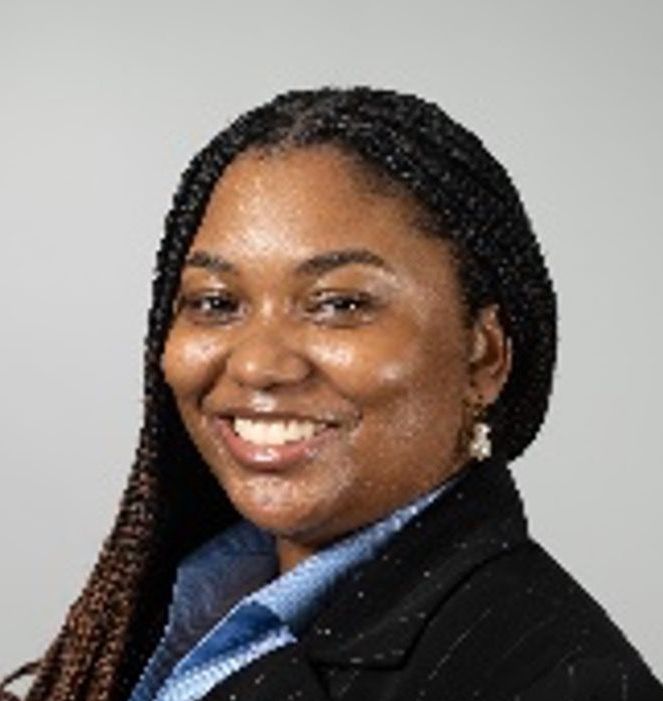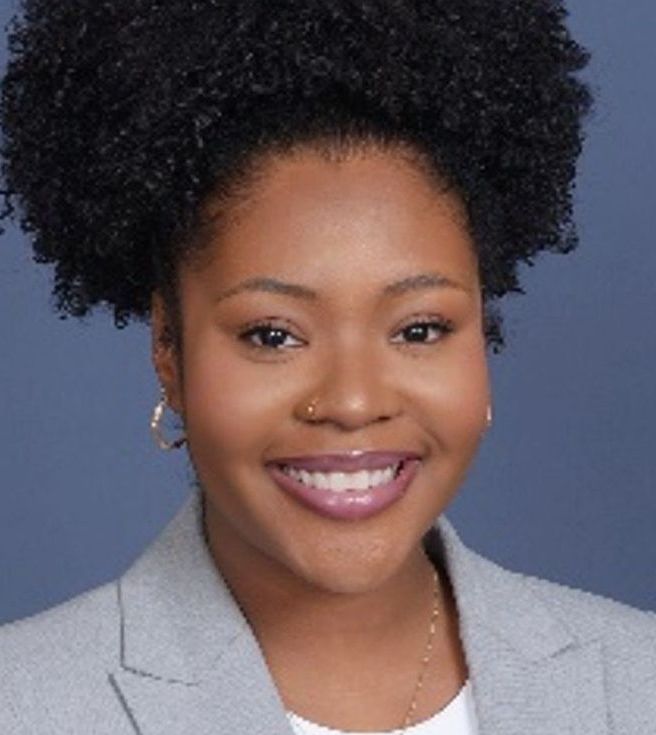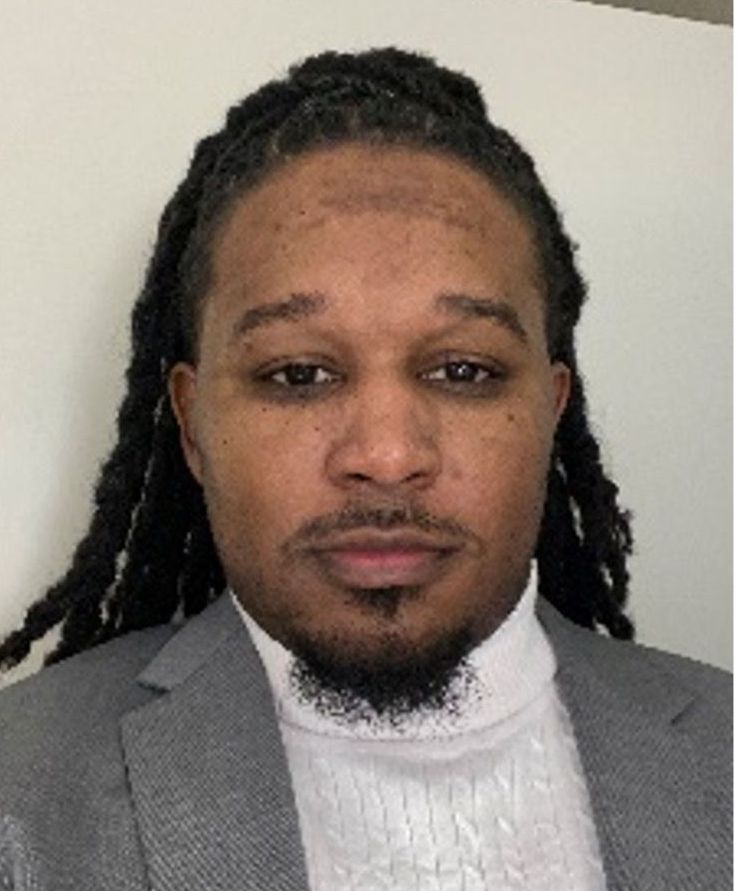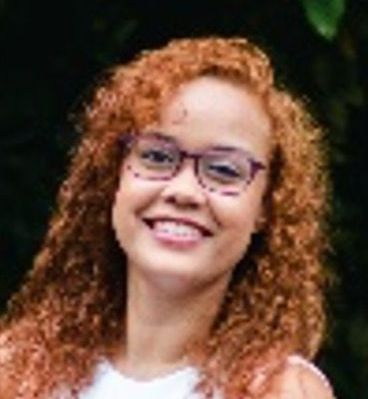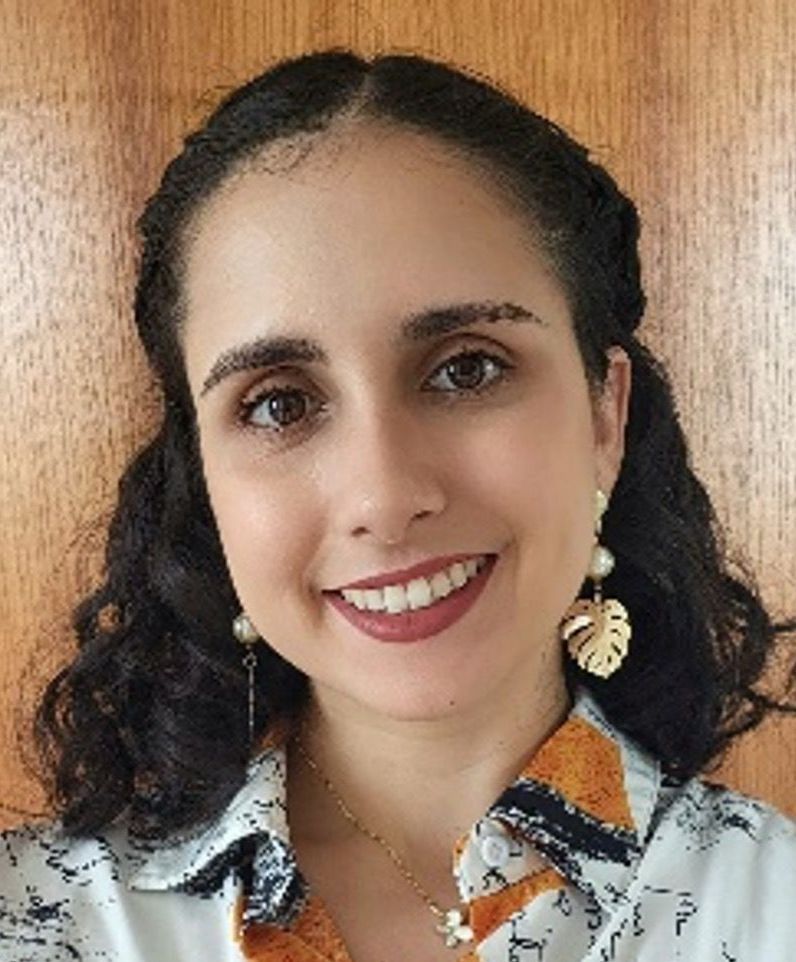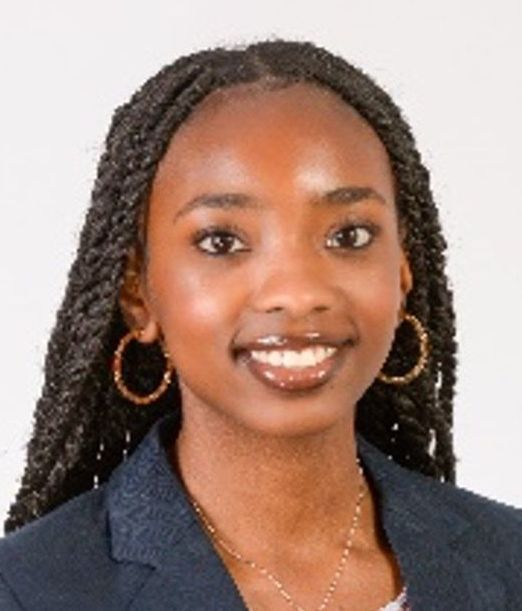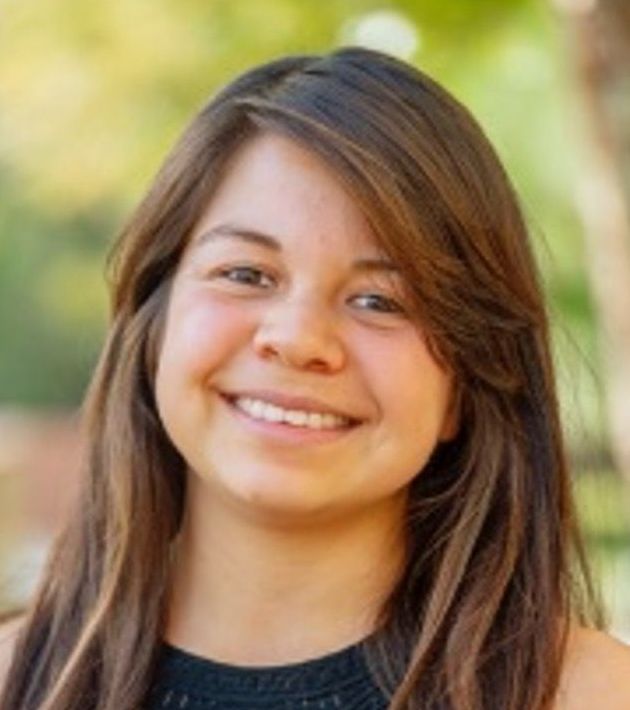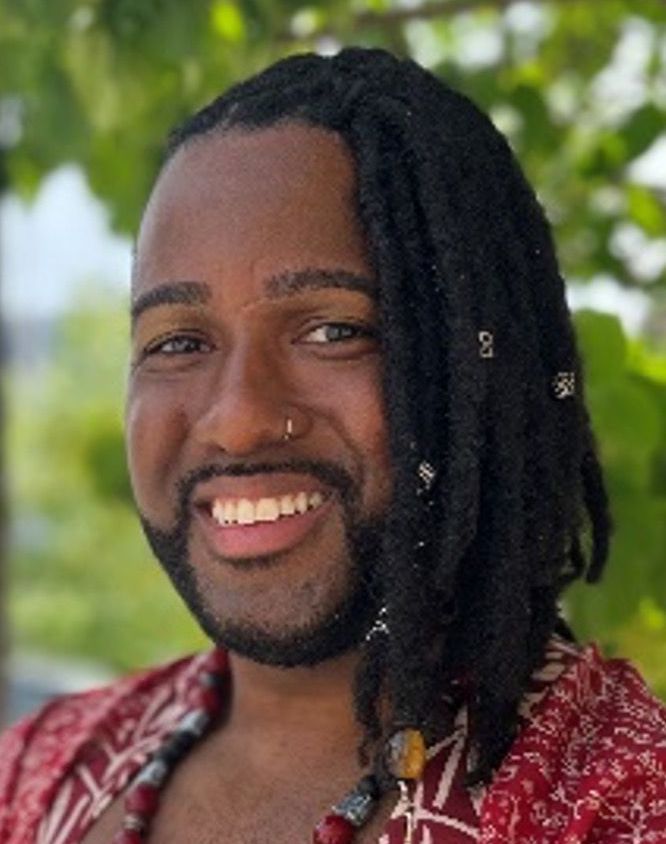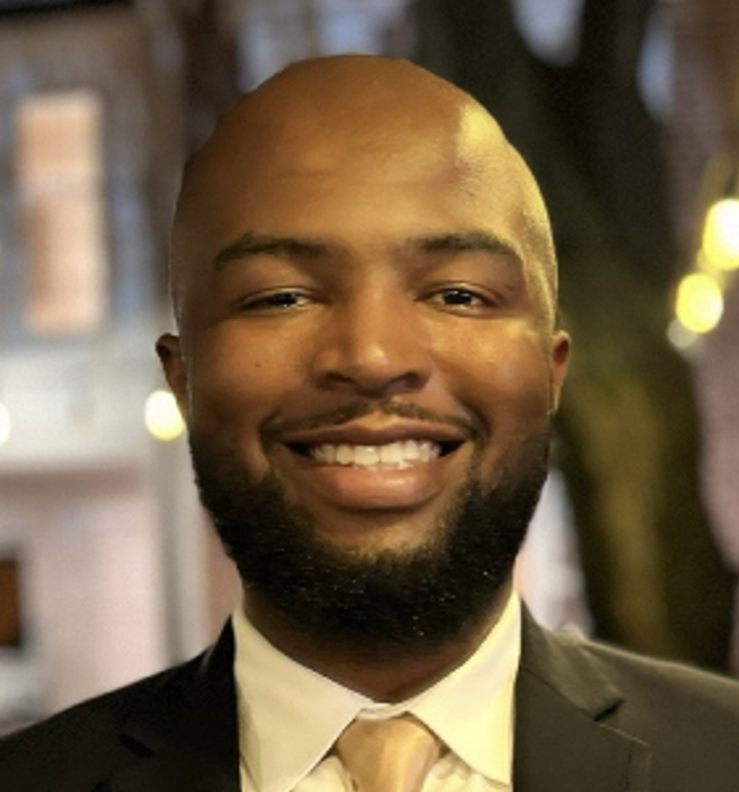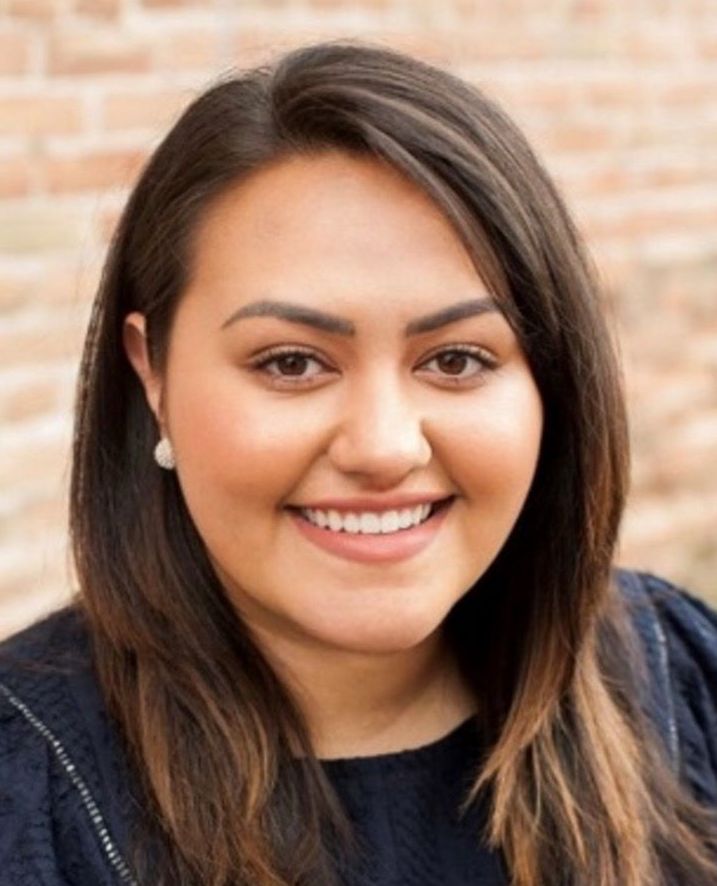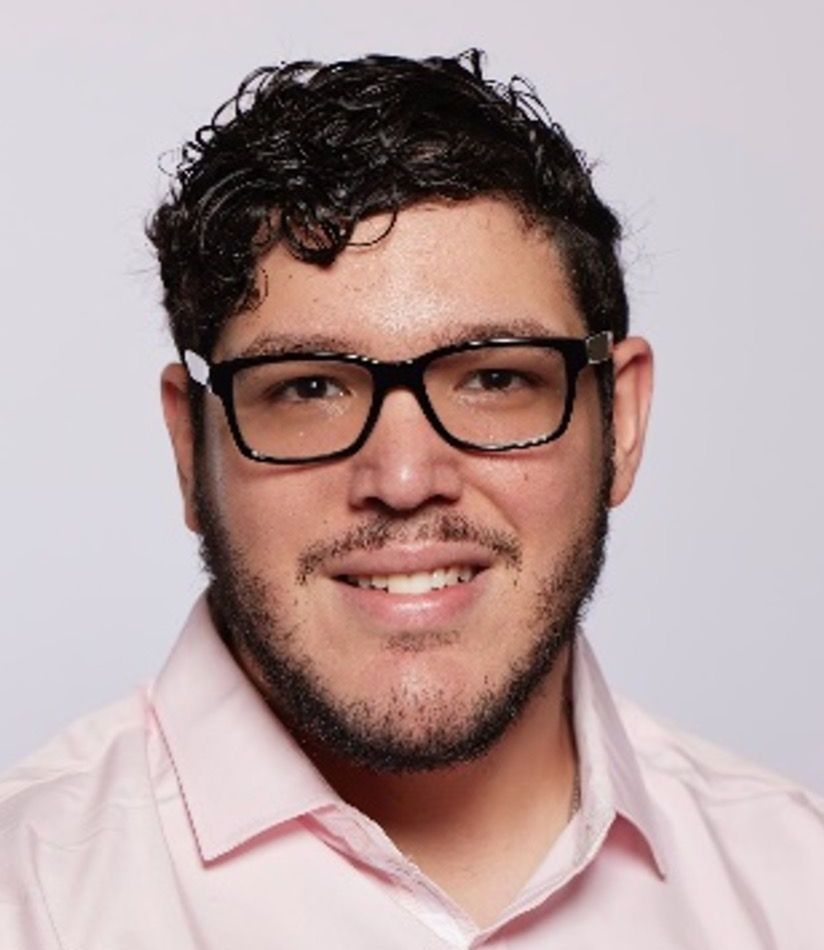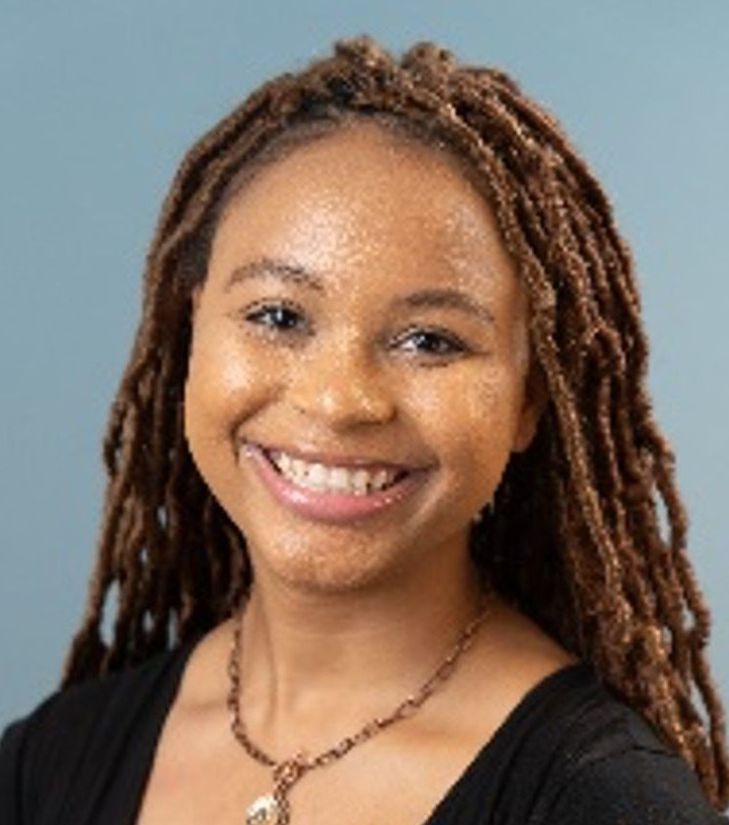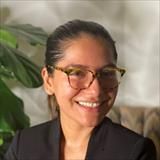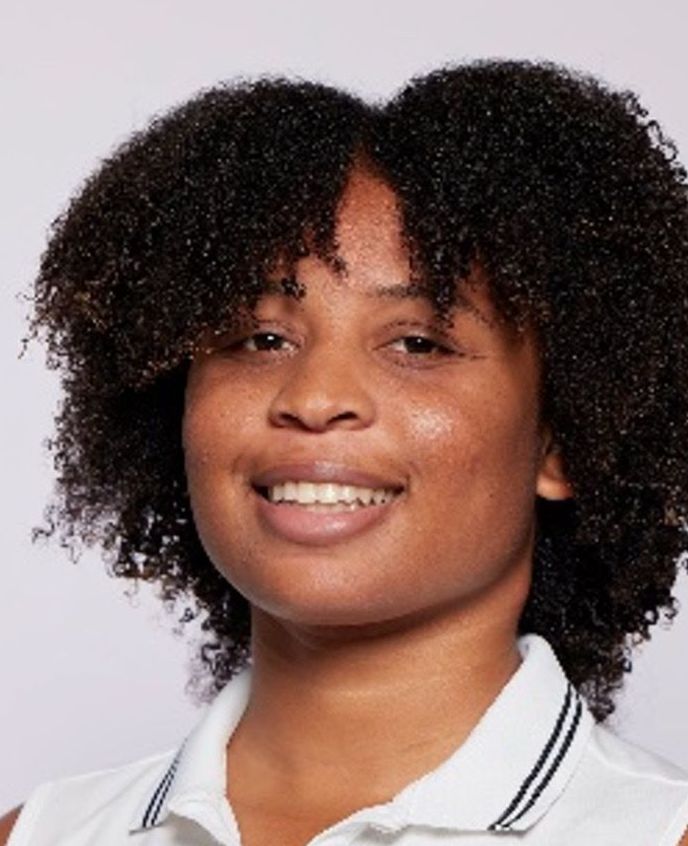Minority Fellowship Program
Interdisciplinary Minority Fellowship Program
(IMFP)
This program is not currently accepting applications.
About IMFP
Funded by a grant from the Substance Abuse and Mental Health Services Administration, IMFP aims to reduce health disparities among underrepresented communities in the United States by supporting graduate students committed to improving the quality of mental health care for these communities.
Fellows have the opportunity to collaborate with peers from different fields on interdisciplinary community projects in partnership with non-profit organizations that support marginalized communities.
IMFP offers a comprehensive program designed to enhance fellows' skills and expertise, including:
- Interdisciplinary-focused professional training and enrichment experiences to complement their academic program
- A mentor from their discipline who provides guidance and support meeting virtually and in-person, no less than four times during the fellowship year
- Access to the latest research, tools, and resources in the field
- A collaborative, lifelong community of like-minded professionals dedicated to making a positive impact
- Opportunities to connect with the Interdisciplinary Training Advisory Committee, MFP alumni, LDI constituents, and the wider APA membership through various networking events
AT A Glance
Format/Location: A combination of in-person and virtual training, mentoring, and networking
Duration: 1 year; Fellows can be reappointed for up to 2 consecutive years
Who Can Apply
Master’s or doctoral students in psychology, nursing, social work, marriage and family therapy, mental health counseling, or substance use and addictions counseling. See eligibility requirements for full details.
How to Apply
The IMFP is not currently accepting applications.
This Fellowship has provided me with the community and financial/professional resources that have drastically improved my training and progress as a PhD student.
IMFP Participant
Program benefits
Reduce Health Disparities
Make a significant impact on improving the quality of mental health care for ethnic and racial minorities in the United States.
Expand your professional network
Gain lifetime access to the MFP network of more than 2,000 professionals focused on addressing ethnic minority behavioral health issues.
Make a difference
Drive transformative change by gaining the expertise necessary to cultivate the well-being and potential of young minds.
ELigibility Requirements
To participate in IMFP, applicants must:
- be U.S. citizens, permanent residents, or noncitizen nationals;
- be master’s or doctoral students in psychology, nursing, social work, marriage and family therapy, mental health counseling, or substance use and addictions counseling;
- commit to enter careers in behavioral health services for ethnic and racial minorities who have a mental or co-occurring mental and substance use disorder immediately upon graduation.
It is not required for applicants to identify as ethnic minorities; however, African Americans, Alaska Natives, American Indians, Asian-Americans, Hispanics/Latinos, Native Hawaiians, and Pacific Islanders are especially encouraged to apply.
Field-specific Requirements
Marriage and Family Counseling
Master’s and doctoral eligibility
Must be enrolled in a program with an MFT identity.
Mental Health Counseling
Master’s eligibility
- Must not already possess a master's degree in a behavioral health field
- Be enrolled in a Council for Accreditation of Counseling and Related Educational Programs (CACREP)-accredited counseling master’s program
- Commit to becoming board certified by applying for the National Certified Counselor (NCC) certification prior to graduation and to completing the application process
Doctoral eligibility
- Be enrolled full time in a Council for Accreditation of Counseling and Related Educational Programs (CACREP)-accredited doctoral counseling program
- Be board-certified by holding the National Certified Counselor (NCC) credential
If the applicant is not currently board-certified, they must document all of the following:
- A full state license as a professional counselor
- A passing score on the National Counselor Examination (NCE) or the National Clinical Mental Health Counseling Examination (NCMHCE)
- A commitment to apply for the NCC credential and to complete the application within the shortest possible timeframe after notification of the MFP award
Nursing
Master’s eligibility
- Must have an active registered nurse license
- Must be enrolled full-time in an accredited master’s degree behavioral health (psychiatric mental health/substance use) program in nursing
- Master’s-level curriculum and plan of study must embody behavioral health disorders prevention, treatment, and recovery that are under girded with theoretical and clinical science
Doctoral eligibility
- Must have a master's degree or completed at least nine (9) credits related to psychiatric/mental health nursing or substance use
- Must be enrolled as a full-time doctoral student in a fully accredited nursing program in psychiatric/mental health nursing or substance use
- Must have an active registered nurse license
Psychology
Master’s eligibility
Be enrolled full-time in a terminal master’s program in psychology that:
- prepares students to be license-eligible practitioners
- is on APA’s list of eligible programs
- is not accredited by the Council for Accreditation of Counseling and Related Educational Programs, not a marriage and family therapy program and not an addictions program
Doctoral eligibility
Be enrolled full-time in an APA-accredited doctoral program
Note: no fellowship support is available during a student's internship year
Social Work
Master’s eligibility
Must be enrolled at a CSWE-accredited institution
Doctoral eligibility
Must hold a social work master’s degree from a CSWE-accredited program
Note: In certain cases, social work doctoral students who are license-eligible in a partner IMFP field are eligible to apply for the social work doctoral fellowship as part of the IMFP. Remember that you can only apply to one discipline per application cycle.
Substance Use and Addictions Counseling
Master’s eligibility
Must be enrolled and be in good standing in one of the following programs:
- A Council for Accreditation of Counseling and Related Educational Programs (CACREP)-accredited master’s addictions counseling program or other master’s counseling program with a concentration in addictions
- A regionally accredited master’s addictions counseling program or other master’s counseling program with a concentration in addictions
- An addictions program accredited by the National Addictions Studies Accreditation Commission (NASAC)




